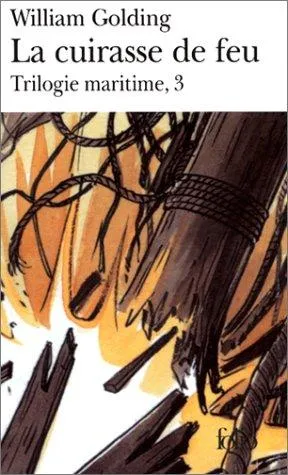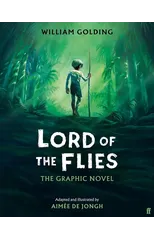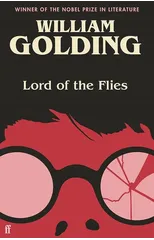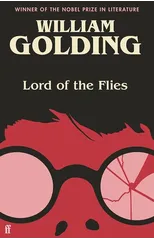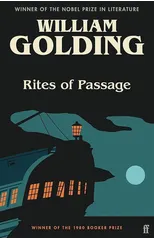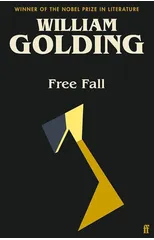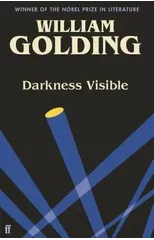Edmund Talbot, jeune aristocrate anglais, poursuit son voyage vers les antipodes, une épopée maritime longue et éprouvante. Les péripéties comiques et tragiques qui se succèdent décantent et révèlent les caractères : M. Prettiman, qui semblait un pantin grotesque, apparaît être un humaniste, Miss Granham, la sévère institutrice, doit affronter la tempête... Edmund se languit de l'objet aimé. Le sceptique qu'il était rencontre l'amitié et l'admiration. Il découvre qu'il est capable de sensibilité et d'humanité. La cuirasse de feu, dernier volet de la Trilogie maritime, est l'aboutissement d'un long et difficile voyage dans le temps, l'espace et le cœur humain. William Golding, à la manière des romanciers anglais du XVIIIe siècle, nous fait partager son amour de la mer.
William Golding
William Golding was a British novelist best known for his novel "Lord of the Flies," which explores the dark side of human nature through the story of a group of boys stranded on a deserted island. Golding's writing style is characterized by its exploration of themes such as morality, civilization, and the inherent evil in humanity. His works often feature complex characters and intricate plots that challenge readers to confront difficult truths about the human condition. Golding's contributions to literature have had a lasting impact on the literary genre of dystopian fiction, influencing writers such as George Orwell and Aldous Huxley. His works continue to be studied and celebrated for their insight into the complexities of human nature and society.
